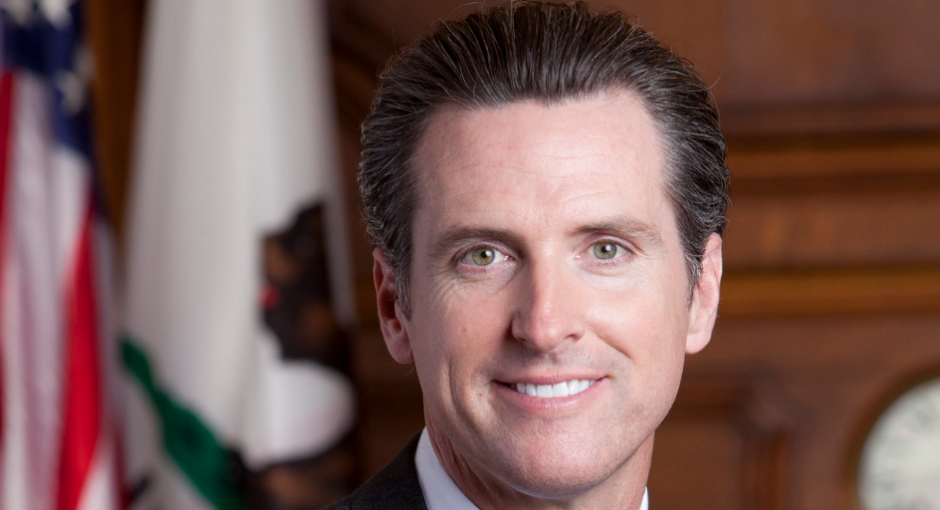California’s twice-postponed shift of Medicaid (Medi-Cal) managed care prescription drug benefits to Medi-Cal fee for service (FFS) is back on for Jan. 1, 2022, one year later than originally planned.
A similar high-stakes battle over Medicaid reimbursement for 340B-purchased drugs has been playing out in New York State. State lawmakers, governors, Medicaid officials, and 340B entities nationwide are keeping close tabs on developments in the two bellwether states.
On the national stage, the U.S. Senate could vote on a budget bill soon that could, in turn, put back in play Medicaid managed care spread-pricing language would have the same ill effect on 340B savings as California’s policy.
The California Department of Health Care Services (DHCS) announced the new implementation date late last month. A group of California community health centers that participate in the 340B program, meanwhile, recently asked the U.S. Centers for Medicare & Medicaid Services (CMS) to carefully consider their “serious concerns” about the transfer before deciding whether to approve or deny the state’s application for a Medicaid policy waiver.
Health Centers Could Revive Suit Against Federal Government
The health centers also plan to revive a federal lawsuit aimed at stopping the transfer.
“We are disappointed that the Newsom administration has chosen to move forward with the Medi-Cal Rx transition that will take hundreds of millions of dollars from California’s most underserved communities and place it into the state coffers,” said Anthony White, President of Community Health Center Alliance for Patient Access (CHCAPA), an association of 31 California health centers trying to stop the transfer.
“Even more unfortunate is that up to 90% of the funds the state claims it will save, must by law be sent to the federal treasury and out of the state altogether,” said White, who also is Senior Director, External Affairs for Family Health Centers of San Diego. “The funding drained from health centers by Medi-Cal Rx is particularly alarming as we begin National Health Center Week, where we celebrate the vital role of community health centers and the state’s reliance on health centers to test for COVID-19 and vaccinate the most vulnerable.”
In January 2019, newly inaugurated Gov. Gavin Newsom (D) signed an executive order setting the Medi-Cal pharmacy benefit transfer in motion. Under Medi-Cal managed care, the reimbursement rate for 340B-purchased drugs is subject to negotiation between providers and the state’s managed care contractors. Under Medi-Cal FFS, reimbursement for 340B drugs is actual acquisition cost plus a dispensing fee. About 80% of Medi-Cal enrollees have managed care coverage. If the benefit transfer goes through, covered entities stand to lose millions of dollars in 340B revenue from billing Medi-Cal. The Newsom administration says consolidating Medi-Cal pharmacy services in FFS under a single pharmacy services contractor will give the state more leverage to negotiate larger supplemental drug rebates with manufacturers.
Health centers tried but failed to get the legislature to stop the transfer in 2020. Lawmakers instead authorized about $100 million in supplemental payments to health centers during the benefit transfer’s first year. Health centers say that amount is inadequate, and they point out nothing more is guaranteed for subsequent years.
In October 2020, CHCAPA sued the state in federal district court to stop the transfer. In December 2020, DHSC pushed back implementation from Jan. 1 to April 1 because of the COVID-19 public health emergency. In February 2021, it delayed implementation again, this time indefinitely, because the state’s chosen Medi-Cal pharmacy services contractor, Magellan Health, had just been bought by Centene Corp.
On July 30, DHCS said on its website that conflict-of-interest concerns about Magellan’s sale to Centene have been resolved, and that the benefit transfer was back on. A month earlier, on June 30, it asked CMS for a so-called section 1915(b) waiver to let it implement the benefit transfer, and make other changes to Medi-Cal, without having to file and get CMS’s approval for a Medicaid state plan amendment. If CMS does not act within 90 days of DHCS’s request, the proposed change can take effect.
CHCAPA sent CMS a letter on July 14 urging it “to continue to press DHCS” about the association’s objections to shifting Medi-Cal pharmacy benefits from managed care into fee for service.
It said the state “has been less than fully transparent in its efforts to implement the pharmacy transition and has completely failed to address the lack of a compliant means of reimbursing FQHCs for pharmacy services under its fee-for-service system.”
In an interview yesterday, CHCAPA president White said the group is preparing to file an amended complaint in its federal lawsuit over the Medi-Cal pharmacy benefit transfer, if necessary.
In an order from the bench this April, U.S. District Judge John Mendez dismissed CHCAPA’s suit without prejudice, on procedural grounds. CHCAPA argued, in part, that the state was implementing the Medi-Cal drug reimbursement changes without having first obtained approval from CMS. “I do not believe that as a matter of law this case is ripe yet,” Mendez said, because CMS had not acted yet on the state’s waiver application.
CHCAPA can renew its complaint against the state, Mendez said, when “CMS acts on the approval that’s being sought by the defendants.”


